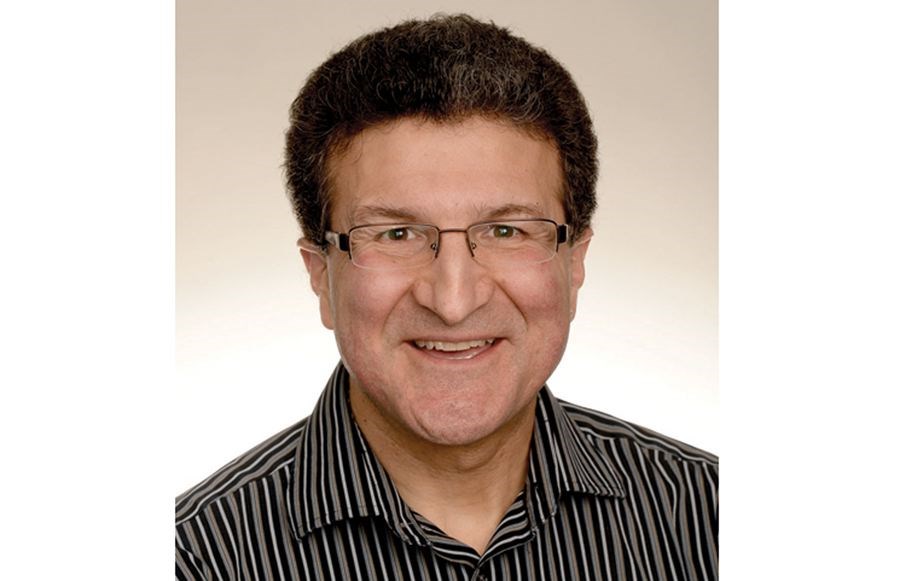George S. Patton said "prepare for the unknown by studying how others in the past have coped with the unforeseeable and the unpredictable."
In studying crimes against humanity, we can see that there are always those who bravely stand up for the rights of the oppressed, often at great risk to themselves. These are arguably the greatest heroes of history.
In creating a better future, these are the people we must emulate.
They include people from all walks of life, business people like Oscar Schindler, who saved many Jews during the Nazi regime, and John Rabe who saved thousands from massacre in Japanese-occupied China.
They include diplomats like Chiune Sugihar, Japanese
consul in occupied Lithuania who saved thousands of Jews, and Swedish diplomat Raoul Wallenberg who may have saved as many as 100,000 in Hungary.
They include military personnel like Romeo Dallaire, the Canadian hero of the Rwandan Genocide, and the helicopter crew led by Hugh Thompson who put an end to the My Lai massacre during the Vietnam War.
They also include thousands and thousands of ordinary people who chose to save the lives of others despite the great risk to themselves.
All of these heroes could have turned a blind eye to the atrocities they witnessed, and few would have criticized them; but, they knew that they had to do something, and they chose to act with courage.
Samuel and Pearl Oliner studied those who had rescued Jews during Nazi occupation, and they put their findings together in the classic book, The Altruistic Personality.
As summarized by Adam Jones in Genocide, their findings demonstrate that rescuers valued altruism, universalism, care for others, compassion, empathy, justice, respect, fairness, and personal honour, among other similar values. Rescuers also demonstrated a certain strength of independence, a non-conformity to imposed norms that they did not agree with.
If we look more deeply into the lives of these people before their noted acts of heroism, we see similar patterns of behaviour already manifest in their lives.
They were not perfect people, in fact they describe themselves as quite ordinary, but they tended to be individuals who always tried to do the right thing.
How do we create a world in which the majority of people will choose to stand up and do what is right despite threats to their own well-being?
One way is certainly to teach the values of rescuers.
If we know what we are striving for, we are more likely to respond in kind.
What is interesting, however, is that the Oliners also found that rescuers had similar characteristics in their upbringing.
They generally noted that their parents were benevolent, loving, kind, compassionate, more likely to explain than punish and more open to others.
This poses a challenge to those of us who are parents and who work with young people.
Along with teaching children to respect others, it is vital that we also treat them with respect.
If we want our young people to respond to moral challenges with altruism, we need to demonstrate to them what that means.
By understanding how those before us have responded to the unforeseen and unpredictable, and by emulating their right actions and attitudes, we take an active role in creating a better world, a world where genocide and other violations of human rights become a thing of the past.



